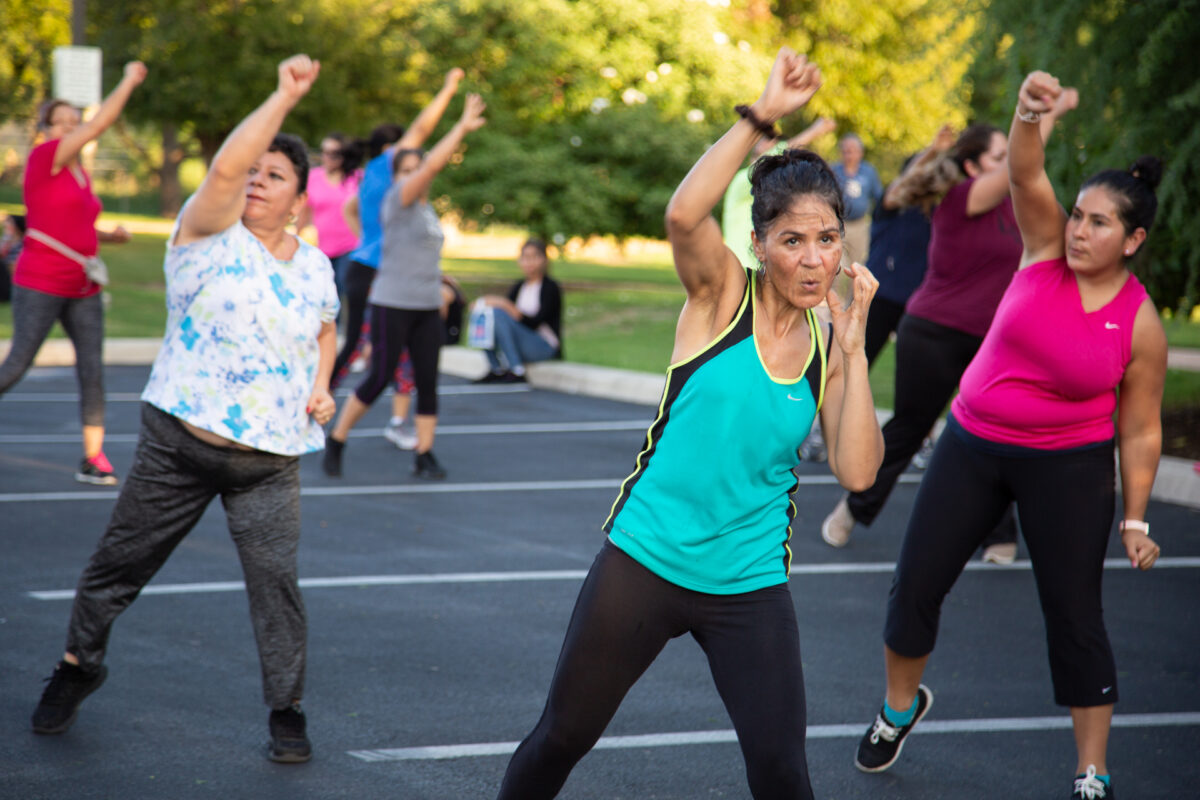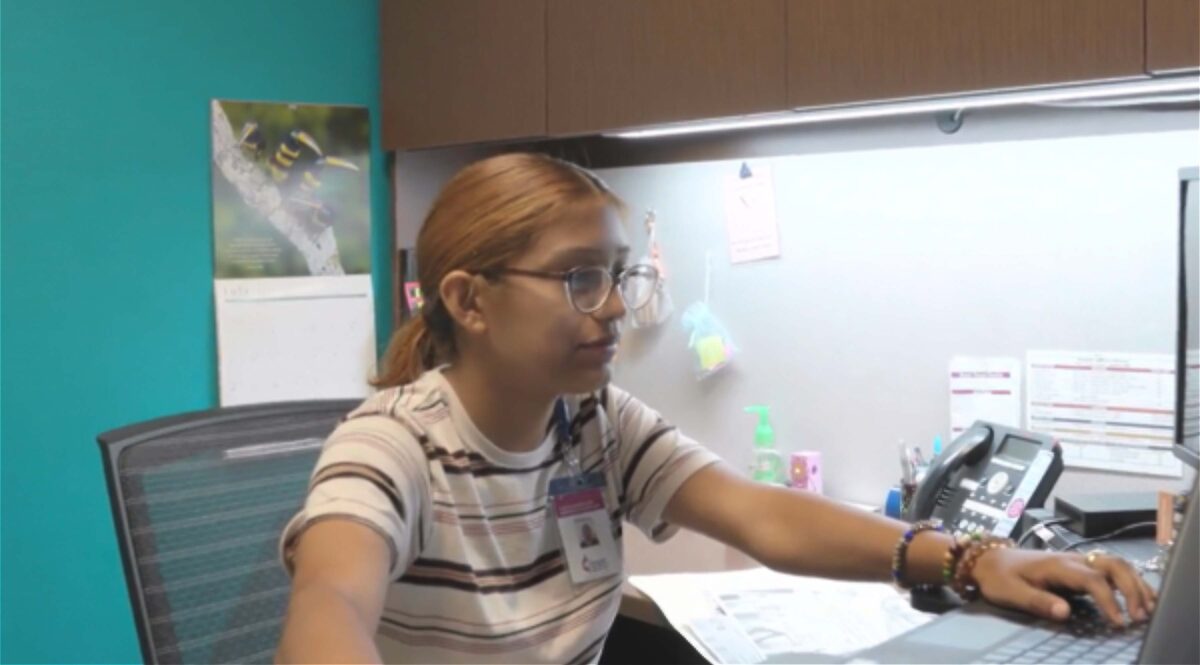Funded Partner Spotlight: Valley Initiative for Development and Advancement (VIDA).
Since 1995, Methodist Healthcare Ministries of South Texas, Inc. has provided over $1.4 billion to improve the well-being of the least served through its clinics, programs, and strategic partnerships. Methodist Healthcare Ministries is proud to partner with organizations that share similar missions and organizational objectives of increasing access to care for uninsured and economically disadvantaged individuals and families across South Texas.
The Rio Grande Valley’s diverse and binational population is at a crossroads. With over 2.67 million residents in the area, the region surpasses both San Antonio and Austin in population. Despite being one of the largest urban areas in Texas there is a lack of a centralized municipal government which means that resources allocated to the area are often divided among dozens of cities across the region. During the COVID-19 Pandemic this decentralization was even more evident as the unemployment rate in the region increased to 17.3%, far exceeding the statewide rate of 13%, according to the Texas Tribune. However, since 2020 the unemployment rate in the area has dropped to 5.2% in Hidalgo County (the McAllen-Edinburg-Mission area) and 4.9% in Cameron County (Brownsville-Harlingen) as of October 2023, according to USA Today.
Part of the effort that is driving this success is the work of the Valley Initiative for Development and Advancement (VIDA). The organization promotes workforce development programs and provides skilled unemployed or underemployed individuals with connections to employers looking for various types of skilled labor.
Established in 1995 by Valley Interfaith and industry leaders, VIDA addresses the disconnect between Rio Grande Valley residents and employer demand for skilled labor by providing comprehensive workforce training that better equips program participants to pursue a more gainful means of employment.
For the first time, Methodist Healthcare Ministries (MHM) is partnering with VIDA to address health equity and the social determinants of health (SDOH). One of these priority areas includes education and workforce development, which overlap with VIDA’s mission and vision.
As an MHM partner receiving 2023 grant dollars, VIDA recently received a capacity building grant of $60,000 to hire a Development Director. The Development Director will strengthen and cultivate new partnerships as well as identify new sources of funding to support the organization and its programs.
“VIDA was developed as a workforce development intermediary where to help industries fill those jobs that were in high demand evolving with technological advances and at the same time give residents of our region more opportunity to upskill and achieve economic mobility,” said Felida Villarreal, President and CEO of VIDA.
Today, VIDA builds institutional relationships in the Rio Grande Valley that links employers to unemployed and/or underemployed residents and uses these relationships to create necessary support services for their students such as career guidance, intensive case management and financial assistance.
“VIDA offers a variety of wraparound student support services that vary from student to student because it’s very customized to the individual’s needs,” Villareal said. “We can provide anything from tuition, tools, transportation or childcare assistance as well as financial assistance for anything they may need in their career journey to ensure program persistence and completion.”
Prior to joining the program participants typically earned $8 an hour but graduates earn an average annual salary of $47,756. VIDA is opening doors to better employment opportunities that include higher salaries, access to employer sponsored healthcare insurance and established career paths with room for growth.
“That drastic change and being able to achieve that economic prosperity, has a tremendous impact on their lives and that of their families,” Villarreal said. “There’s just no limit to the potential and professional growth from that point on. We’ve even seen some of our graduates become successful business owners.”
According to the Texas Center for Nursing Workforce Studies, the Rio Grande Valley is currently experiencing a shortage of 6,000 nurses across the region which puts further strain on existing medical staff and their ability to serve patients. In response to this, VIDA recently made national headlines as one of 25 organizations across the nation to be awarded the $3 million Nursing Expansion Grant from the U.S. Department of Labor. This will be key in providing services for students pursuing careers in the medical field and alleviating the shortage of nurses in the area.
“We’re truly grateful for the opportunity to be selected as a MHM grant recipient,” said Villarreal “We’ve already expanded our fundraising division and are seeking additional opportunities to grow our programs, serve more students and provide additional services to our community.”
Learn more about VIDA and their programs through their website: https://www.vidacareers.org/























